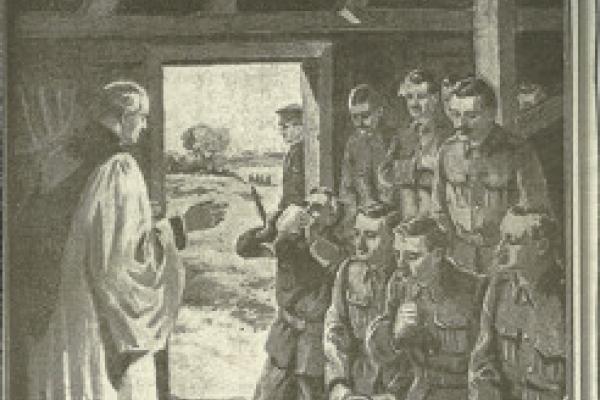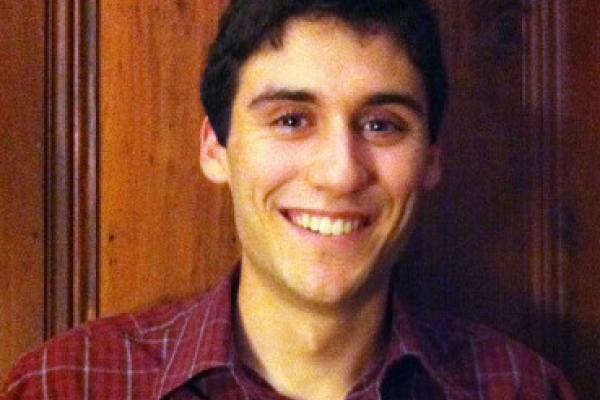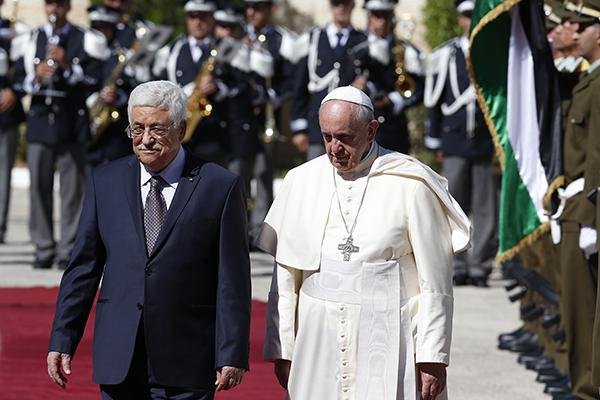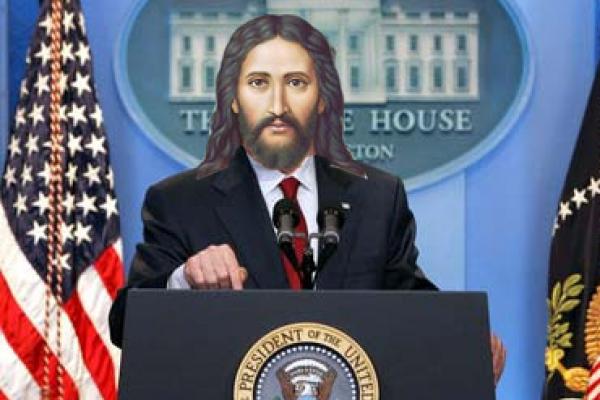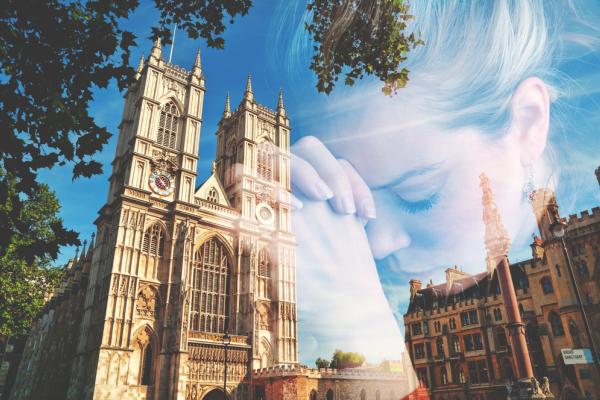Some called it “The Great War.” Others called it “The War to End All Wars.” History proves it was neither.
As the world marks the 100th anniversary of the outbreak of World War I — a conflict that left 37 million dead or wounded and reshaped the global map — a number of scholars and authors are examining a facet of the war they say has been overlooked — the religious framework they say led to the conflict, affected its outcome and continues to impact global events today.
More than that, they argue, today’s religious and political realities — ongoing wars, disputed borders and hostile relationships — have their roots in the global conflict that began when Austria-Hungary declared war on Serbia on July 28, 1914.
According to a new survey, white evangelical Christians feel a lot of warmth toward Jews.
As for Jews, they feel colder toward evangelical Christians than they do about any other religious group.
Cue the Taylor Swift ballads: We have here a serious case of unrequited love.
The Kenya Conference of Catholic Bishops is facing a lawsuit over the cancellation of a rental contract for a restaurant operated by a Somali Muslim.
Al-Yusra Restaurant Ltd. had signed a six-year lease starting in 2013 to operate a restaurant in a section of Waumini House where the bishops’ conference is based. Baakai Maalim, a Somali Muslim, is a director for the company.
As Israel continued its ground offensive into the Gaza Strip, Pope Francis urged Israeli President Shimon Peres and Palestinian President Mahmoud Abbas to end the spiraling conflict.
The pontiff telephoned the two leaders on Friday to express “his very serious concerns” only six weeks after both me joined him at the Vatican for an historic prayer meeting.
Francis said he was concerned about the “climate of growing hostility, hatred, and suffering” that was claiming many victims, resulting in “a serious humanitarian emergency”, the Vatican said in a statement.
Ephesians: Can You Find All the Run-on Sentences in this Classic Book? Philippians: How To Build Your Endurance Using This Neat Old Trick. Colossians: You’ll Never Believe What God Looks Like!
I've always been one who feels guilty easily, so being a mom and a pastor—and a Lutheran—comes naturally to me. It's silly really, but there are ample opportunities to feel guilty in two of the singularly most deified and diminished roles modern society has to offer.
As a child, I thought the only good part of going to the doctor’s office was getting to read the "Highlights" magazine in the waiting room. The "Hidden Pictures" page was my favorite. You‘ve probably seen it. There’s an intricate line drawing that has small pictures cleverly embedded within the big picture. The challenge is to find them. There’s a list of the hidden pictures, and you search to find the comb that’s blended into the girl’s bangs, the carrot concealed in plain sight as part of a spoke in a wheel.
We’d all love to claim Jesus for our team, but in doing so, we can safely assume that Jesus actually would wriggle free from such limitations. While it would be comforting to validate ourselves by claiming Jesus as a Baptist, Disciple, Catholic, or something else, what we’re effectively trying to do is keep from changing ourselves. We want to rest in the certainty that we’re all right how we already are, with no real need to grow or do things differently.
The modern era is marked by a tendency to worship such fences, such rules, institutions, doctrines and traditions, simply because they already exist. And oftentimes, the very things we are preserving are products of those with privilege and power—so in sustaining, or even not actively challenging, such systems, we’re actually contributing to the holding-back of those with less of a voice.
I met my wife, Joy Carroll, at Greenbelt, a summer festival of faith, arts, and justice held annually in England. It was August 1994. A few months earlier, in May, Joy was one of the first women to be ordained as a priest in the Church of England. We were both speakers on a panel one day at Greenbelt, in a tent with 5,000 young people. Afterwards, we met for coffee. Joy had been an ordained deacon in the church for six years and was a leader in the movement to recognize all the gifts women had to offer both to the church and the parishes they served. She was the youngest member of the General Synod that decided to ordain women, and she was there for the historic vote in Church House Westminster in London. That cup of coffee eventually led to our marriage in 1997.
I have a vivid memory of returning to Greenbelt as speakers in 2002 with our almost 4-year-old son Luke. It was Sunday morning, and Joy was up on the worship platform celebrating the Eucharist for 20,000 people. My little boy was sitting on my lap watching his mom lead worship up on the stage. Luke looked up at me and said, “Daddy, can men do that too?”
